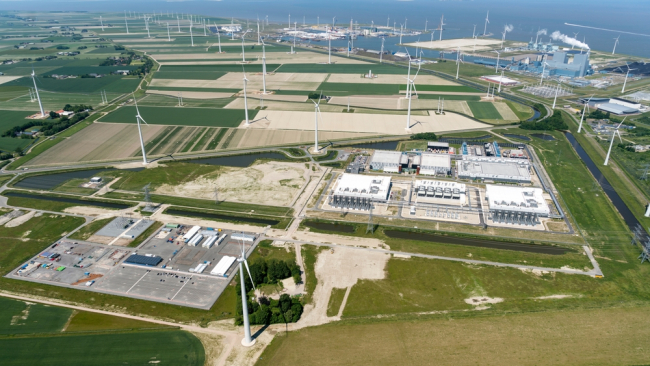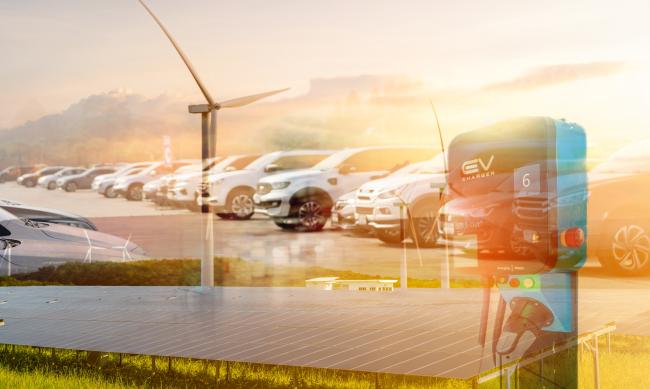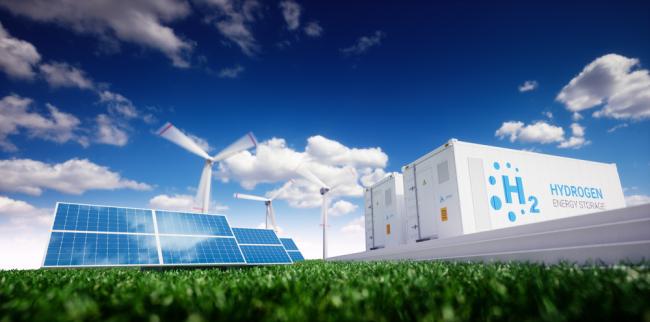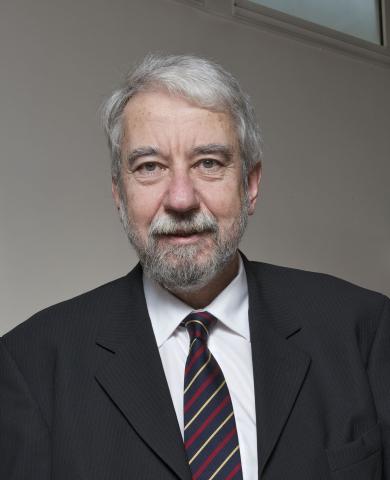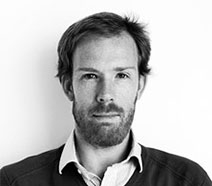
Prénom de l'expert
Cédric
Nom de l'expert
PHILIBERT
Associate Research Fellow, Energy and Climate Center, Ifri
Research Areas:
- Hydrogen potential and strategies
- Decarbonization of the industry
- Low carbon policies and technologies

Center for Energy & Climate
View moreCédric Philibert is an independent consultant and senior analyst specialized in energy and climate issues, with a focus on renewable energy for industry and transports, as well as the roles of electrification and hydrogen in decarbonising the global economy. He is also an Associate Research Fellow at Ifri's Energy & Climate Center and at the Australian National University. He has been a part-time lecturer at Sciences Po Paris. He worked for 19 years at the International Energy Agency. He worked for 19 years at the International Energy Agency, first in the energy and environment division, where he was in charge of the evolution of the international framework on climate change mitigation. In 2009, he moved to the renewable energy division where he was responsible for technology policies.
A journalist by training, Cédric Philibert A journalist by training, Cédric Philibert served as an advisor to the French Environment Minister from 1988-1990. He published several books on climate change, renewable energy and electric vehicles. From 1992 to 1998 he served as an advisor to the CEO of the French Agency for the Environment ADEME, before joining UNEP, then the IEA. He retired from the IEA at end October, 2019. With qualifications in political sciences and economics, Cédric Philibert has published numerous papers in peer-reviewed and other journals, as well as contributions to many books and reports. His interests span from the theory of discounting to price caps and floors in emissions trading to technology development and diffusion policies.
See more










